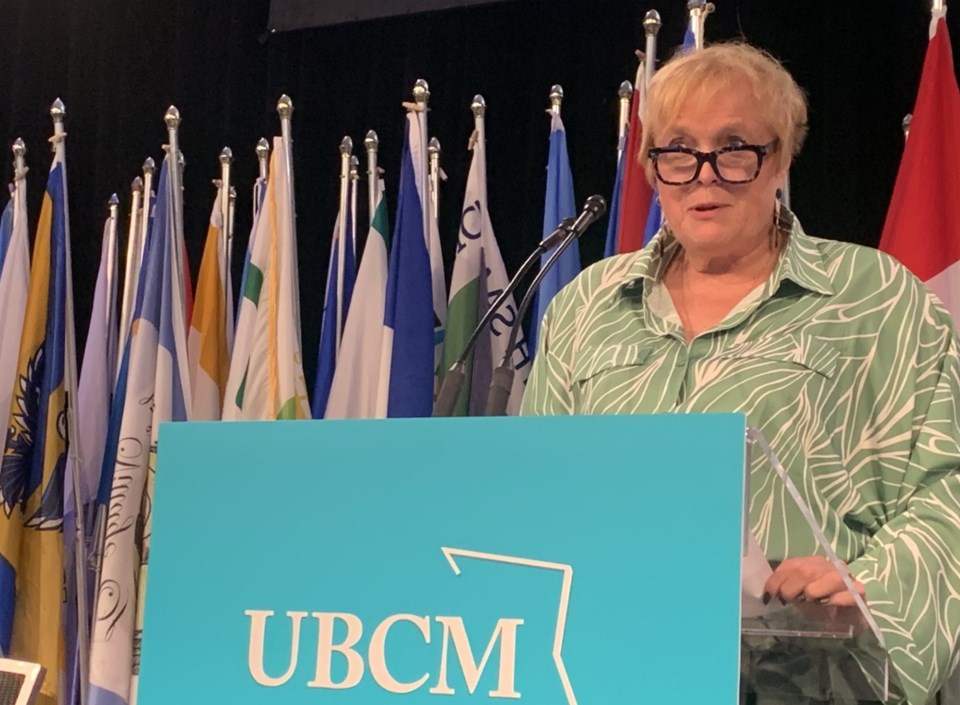Union of BC Municipalities delegates Sept. 20 called on the provincial government to provide better health care to remote and rural communities as they continue to deal with service delivery challenges.
A resolution that passed said such communities deal with significant health-care challenges, including a lack of access to emergency services, on-demand mental health and addictions facilities, physicians, paramedics, and other health professionals.
UBCM executive member Laurey-Anne Roodenburg, a Quesnel councillor, said the resolution was eight similar resolutions rolled into one.
“All British Columbians, notably families, seniors, children and people with chronic and acute health-care needs are facing an immediate health-care crisis due to the closure of hospitals and emergency rooms in their communities,” the resolution said. “There is a critical need for additional family physicians, emergency room doctors, specialists, paramedics, and nurses across the province.”
As such, the resolution asked the provincial government to take urgent steps to ensure hospitals, emergency rooms, and ambulance services are open and available 24 hours a day.
It said long distances, limited public and private transportation options to travel to the nearest health-care service and high costs for accommodations to stay near those sites while receiving treatment, are substantial barriers for people living in rural communities.
The resolution asked that the province introduce metrics and policy to identify reasonable travel distances from each community to health-care services and facilities, to ensure transparent, accountable and equitable health-care access for those communities.
Further, it asked that the province move to increase the health-care workforce by:
• creating additional licensing and training opportunities for internationally-trained medical graduates;
• establishing recruitment and retention programs for health-care professionals willing to work in rural areas;
• approving physician assistants to work alongside physicians and other health professionals; and
• expanding the use of nurse practitioners and pharmacists to increase access to health services.
Moreover, the resolution called on the province to increase management and retention of paramedics for rural and remote areas. With the ongoing opioid crisis in B.C., the UBCM called on Victoria to:
• seek more funding for detox and rehabilitation throughout the province, particularity in rural and remote communities;
• seek more harm-reduction services, including detox and treatment beds, to be made available in every local government in B.C.;
• seeking more funding for detox centres in more areas; and,
• seeking more regional detox centres.



